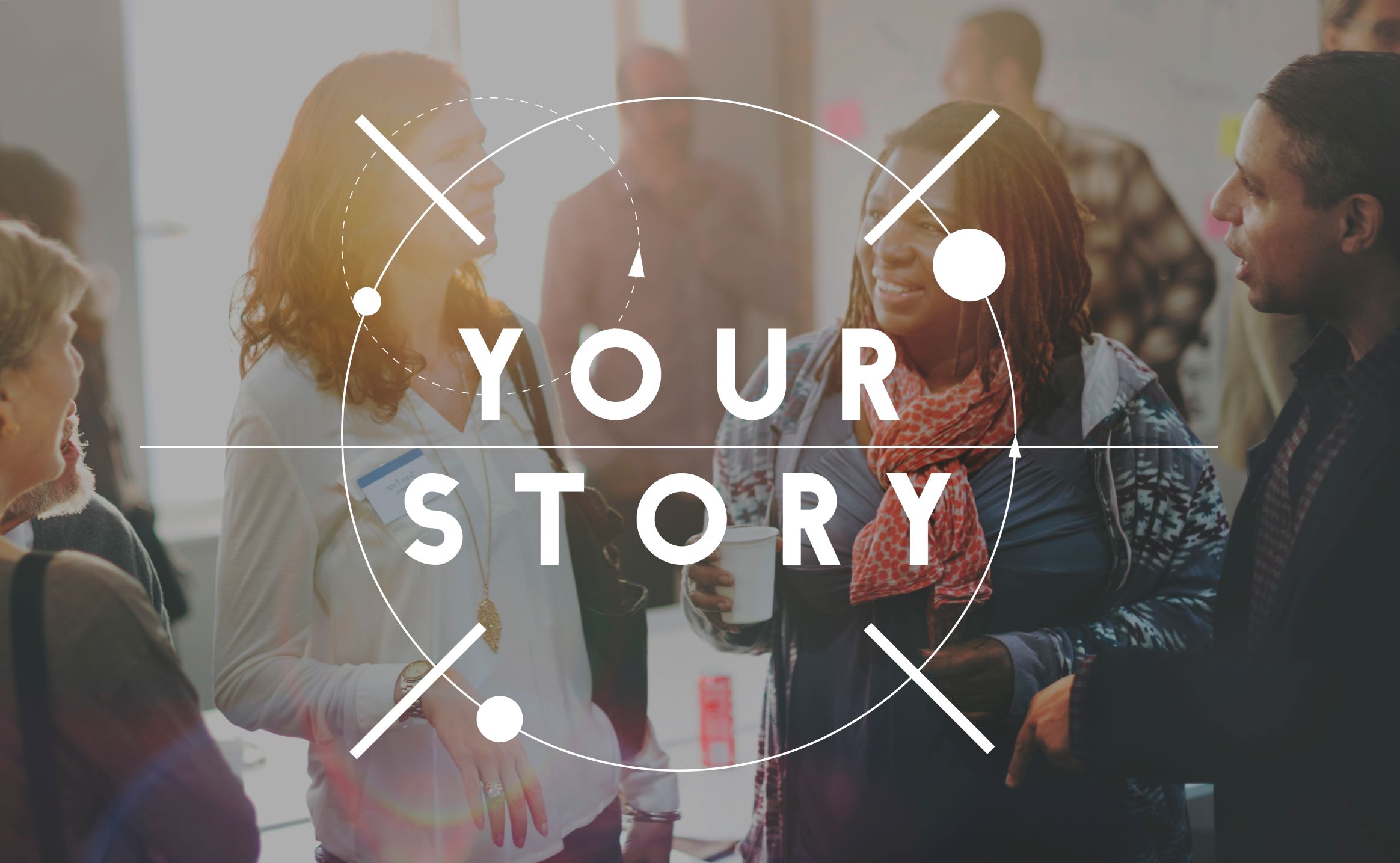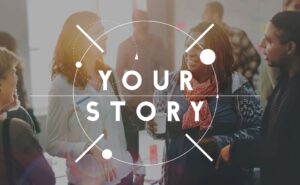
by Beth Ayers, Family Peer Support Lead
March 19, 2024
Recovery or resiliency stories are powerful and important. They do a few things: 1. Connect us to the peers we are working with, 2. Give value to the unique perspective our lived experience brings to the table, 3. Show the importance and effectiveness of peer support. According to Montana’s Peer Network’s Peer Support Training, our recovery or resiliency story is “at the heart of the work we do in peer support. It is important that, as peer supporters, we understand our own process of recovery or resiliency. We need to be comfortable enough to speak about our own journey with others. Being able to describe our experience in a concise and hopeful manner is important. We want to tell our recovery [and resiliency] journey in a way that will inspire or provide a sense of hope to those still struggling.” A recovery or resiliency story “lets those you work with know you really do understand how difficult it can be. And how to overcome challenges. This is your greatest strength as a peer supporter.” Whether we are Behavioral Health Peer Supporters or Family Peer Supporters, it is important to share our story with a peer as it relates to them. They are the focus. Sharing our story is a useful tool to build connection and engage with your peer.
 Here is my story.
Here is my story.
I grew up in a home with hidden but active addiction where problems were only problems if you talked about them. Outside help was unwelcomed and unneeded. For as long as I can remember I was unhappy and was told I had no reason to be. When I felt sad or empty or hurting, I was constantly being told:
- It’s not that big of a deal
- It’s nothing to get so upset about
- You have a good life, what’s there to be sad about
- Stop overreacting, it’s not that bad
- You have so much to be grateful for
And so, I tried everything to feel better, to feel happy, to feel whole. I was always searching. As a kid, I tried perfectionism, people pleasing, straight A’s, popularity. In high school it was smoking, drinking, shoplifting, skipping school, partying, relationships, drugs, reckless behavior, cutting. When I had kids and a family I went with the more socially acceptable ones: control, blame, anger, comparison, back to perfectionism, being the best, doing it all, drinking wine, checking out. I reasoned that if I just did everything right, I would feel better. As I parent, I thought if I did everything right my kids would be okay. And through it all, I felt so alone, surrounded caring, loving people who just didn’t get it. I continuously reached out but didn’t have the vocabulary to describe what was going on in me or how I was feeling.
I remember sitting in my pastor’s office, at the age of 30. I was overwhelmed. I was irritable. I was tired. I wanted to leave my family. I was so angry. I just couldn’t do it anymore. I was done. I was meeting with her to figure out how to feel better. What I could do. What I was missing. Thankfully she recognized the symptoms and said it sounded like depression and referred me to my doctor. And now I had a word to describe it. I started medication. Now I didn’t have to try so hard to just live. Finally, I was starting on level ground. I went to support groups. Here were people who put words to my feelings, who spoke my language, who told my story, who shared my experiences. And now I wasn’t alone. I had people who had been there, had done that, and who had a different way to live and were willing to share it all with me.
As my children grew, they began struggling with their mental health. I was thrown into a world I knew nothing about. I didn’t know what decisions to make or even what questions to be asking. I felt helpless and alone. I felt judged as a parent. I always felt one step behind and would say to myself, “I wish I knew then what I know now.” I hated feeling like I was trying harder than anyone else and I hated the thought of my children struggling. I often felt that all was hopeless. Advocating for my children was a full-time job. There were multiple appointments weekly and constant dealings with the school. My child was unwell, my family was unwell, and I was unwell. I was focusing all my time and energy on their wellness and their treatment and their needs. So much so that I didn’t even realize how it was affecting me. Again, I went to support groups and found rooms full of parents that knew exactly what I was going through. Who I could cry with and laugh with. Who accepted me and supported me as I was. Who shared with me their stories and their tools. I found individual and family therapy helpful. I also began exercising, which gave me a routine and stability and a way to focus on something other than what was happening at home.
Now, as a peer supporter, I bring my unique lived experience to the table. I get to be for my peer what I wished I had had. I help the peer find vocabulary to explain what they are feeling and experiencing. I help them navigate unfamiliar systems with unfamiliar language. I offer emotional support from someone who understands, who has walked in their shoes. I give hope. Recovery is possible, for us and those we love. We can be resilient. I am living well, and they can too. I bring mutuality with no judgement. Instead of outside looking in, I am inside with them looking out. In my experience, the professionals help me, the peer gets me. As peer supporters, we get to help others find wellness, recovery, and wholeness.

